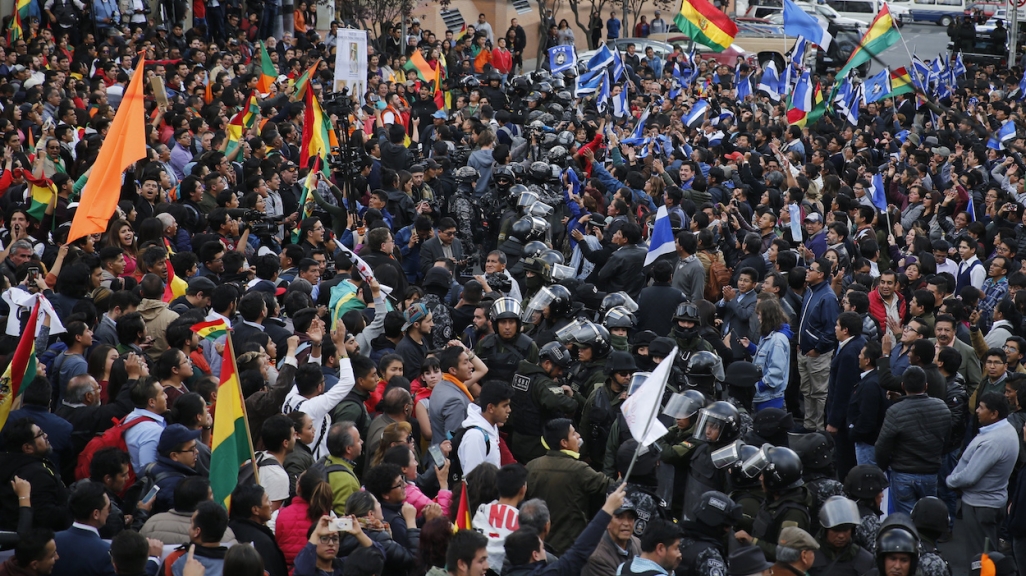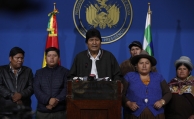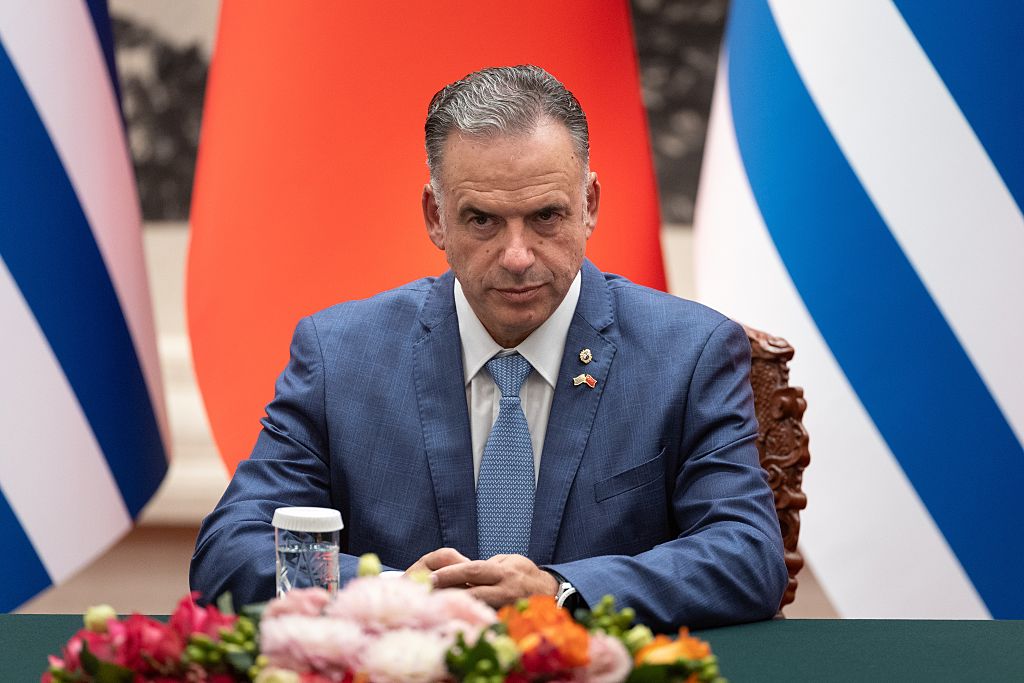Explainer: Presidential Candidates in Bolivia's 2020 Special Elections
Explainer: Presidential Candidates in Bolivia's 2020 Special Elections
As Bolivia nears the scheduled October 18 vote, here is a look at the key players and the role they played in Evo Morales’ downfall.
Bolivia’s special election keeps getting more complicated. The Andean country held the news spotlight as a result of the controversial presidential election in which incumbent Evo Morales emerged as the winner after a nearly 24-hour vote count freeze. Amid concerns of election fraud, protests broke out across the country. After a preliminary Organization of American States (OAS) election audit found evidence of voting irregularities and manipulation, along with mounting public pressure and unrest, Morales and Vice President Álvaro García Linera stepped down on November 10, 2019 after the head of Bolivia’s military called for their resignations.
As Morales zigzagged across Latin America to reach asylum in Mexico, then-vice president of the Senate and opposition leader Jeanine Añez—originally fifth in the line of succession— declared herself interim president in the wake of several resignations, a move Bolivia’s Constitutional Court later affirmed. After the country’s legislature passed a law annulling the October 2019 results, a date for special do-over elections was set for May 3, 2020, but the COVID-19 pandemic put the date in limbo after electoral officials put the election on indefinite hold in March. After much back-and-forth, officials set the date for October 18 for general elections, with a runoff on November 29 if no candidate wins at least 50 percent of the vote or secures at least 40 percent with a 10-point margin over the closest competitor. Election proceedings will be monitored by the OAS, the European Union, and the United Nations.
There are seven presidential candidates, down from the original eight after Añez dropped out of the race in September. Along with president and vice president, Bolivians will elect all the members of Congress: 36 senators and 130 deputies. The winning tickets will serve for the 2020–2025 term. Voting is compulsory in Bolivia, and voter turnout hit nearly 90 percent in the October 2019 election with over 5.8 million people casting ballots.
Candidates were required to register by February 3. AS/COA Online profiles the candidates.
This article was originally published on February 6, 2020, and has since been updated on February 25, 2020, and September 22, 2020..
Latin America’s longest continuously serving president stepped down November 10. AS/COA Online tracks events from election day through Morales’ resignation.









